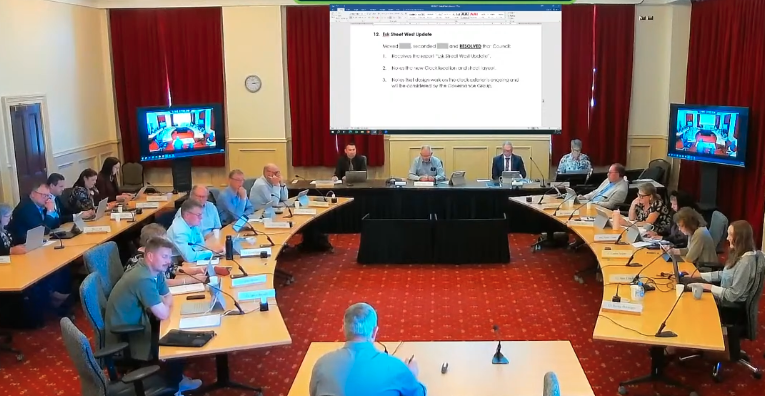The Invercargill City Council will consult its ratepayers on two options under the new Local Water Done Well proposal on future water future services.
While other Southern councils are looking at banding together under a joint Council Controlled Organisation (CCO), Invercargill was still considering a stand alone option, which it has advised the Department of Internal Affairs about.
Related: Decision Finally Made On Bluff Wastewater Treatment Plant
Mayor Nobby Clark said the community will be consulted on the options in February 2025.
Both Gore and Central Otago District Councils have already indicated their intentions to work together to share water services procurement and management of water engineers.
“I have consistently stated for five years plus, my view that ICC could better serve its ratepayers by standing alone and possibly have a procurement (pipe buying) service with Dunedin.
He said that standalone option was not an option for many other councils because (i) those councils have not kept up with 3 waters renewals - sometimes spending rates on other areas (ii) some councils do not have enough borrowing capacity left with the Local Government Funding Agency, so getting into a CCO allows for more, additional borrowing.
“However, more debt means higher costs to ratepayers when you combine current rates (minus water rates) then add new water services annual levies from the CCO.”
Mayor Clark said there was also the bigger issue of how to reduce water services costs, by making water meters compulsory.
“Everyone agrees these help reduce the demand for fresh water, help identify leak (national average water loss through leaks is 30%, Invercargill is 17% with Wellington at 55%) and reduces waste water processing and discharge.”
He said without the ability to manage on a 'user pays' system offered by water meters, like the 'user pays' power meters, Invercargill’s water levies were forecast to be $2,000 in 10 years, regardless of standalone or CCO.
“The problem was nationally and internationally there were not enough water engineers to get this massive increase in work done.” He said Government has known this for years.
He said the final unresolved issue, was the Government and regulator pressure to get the increase in work to the water infrastructure, without any assurance that the infrastructure upgrade companies can actually get the work done.


